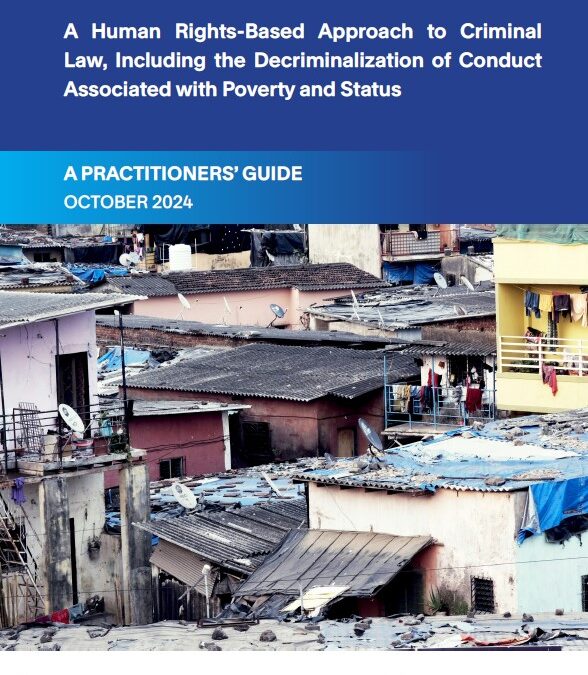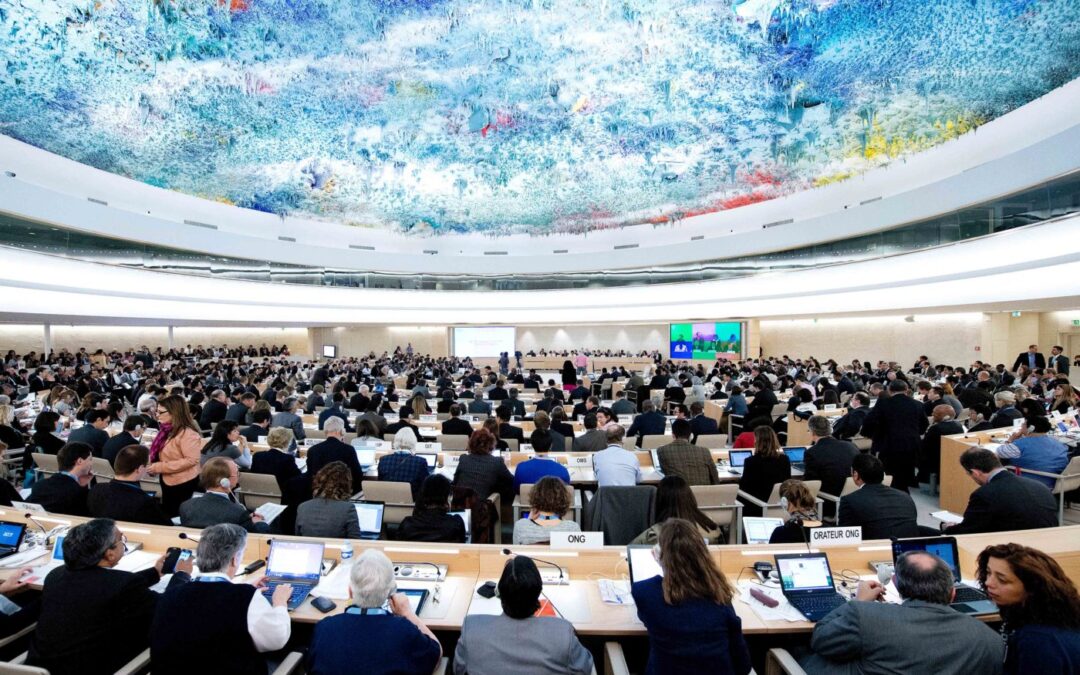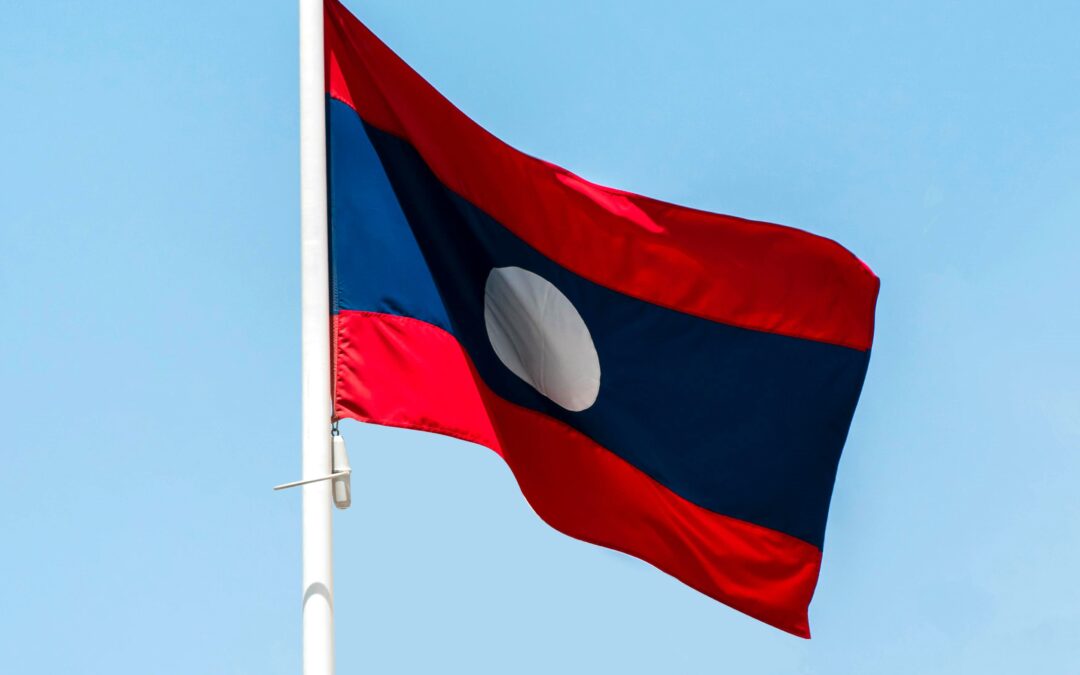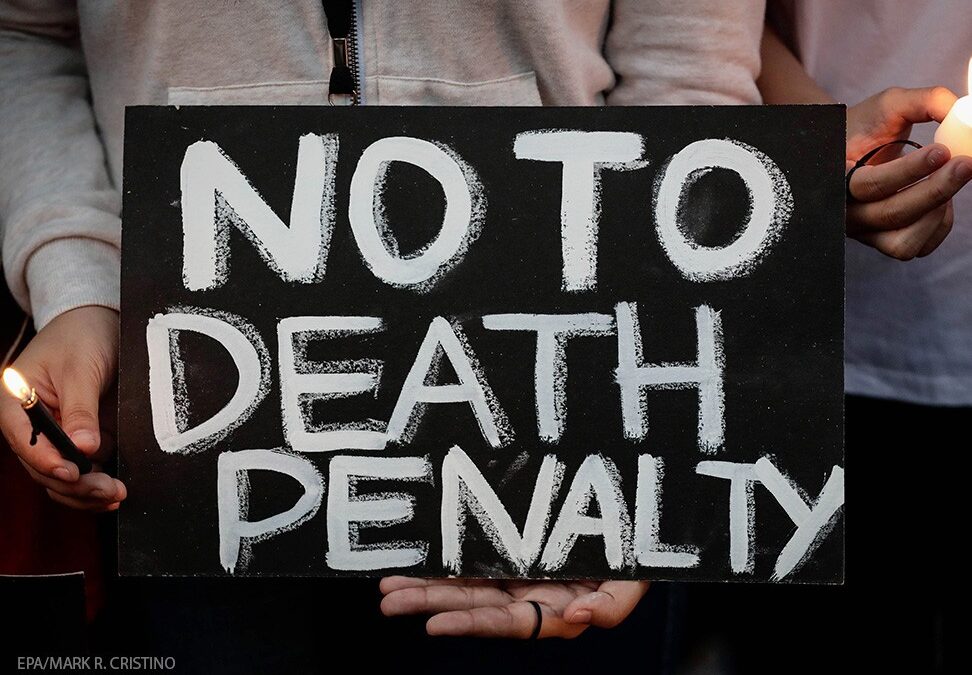


Thailand: Joint Open Letter to the Thai Government on the extradition of United Nations-recognized refugee Y Quynh Bdap
On 18 October 2024, the International Commission of Jurists (ICJ) and partner human rights organizations submitted an open letter to the Thai Royal Government, concerning the extradition of Y Quynh Bdap, a Vietnamese national and United Nations-recognized refugee...
HRC 57: ICJ End-of-Session Statement
UN Human Rights Council makes progress in country monitoring and work on climate change, despite efforts by some States to limit the work of independent mandates. As the 57th session of the UN Human Rights Council has come to a close, the ICJ reaffirms its view that...
Lebanon/Israel: Israel Must Cease Indiscriminate and Disproportionate Attacks
Israel violated the United Nations Charter and the international humanitarian law’s principles of distinction and precautions, as the Israeli Defence Forces (IDF) intensified strikes on southern Lebanon, the Bekaa and Beirut, the International Commission of Jurists...
Lao PDR: ICJ and its partners draw attention to concerns about the country’s human rights record in advance of the Universal Periodic Review (UPR)
On 11 October 2024, the ICJ filed two submissions to the UN Human Rights Council Working Group on the Universal Periodic Review (UPR) in advance of Lao PDR’s human rights review scheduled for April/May 2025. In a joint submission by the ICJ, the Extra-Territorial...
Joint Statement calling for the universal abolition of the death penalty
As representatives of the profession of lawyer in various parts of the world, committed to the promotion and protection of human rights and the rule of law, the undersigned organisations join voices in a unified call for the universal abolition of the death penalty, recognising the inherent dignity of every individual and the fundamental right to life.




